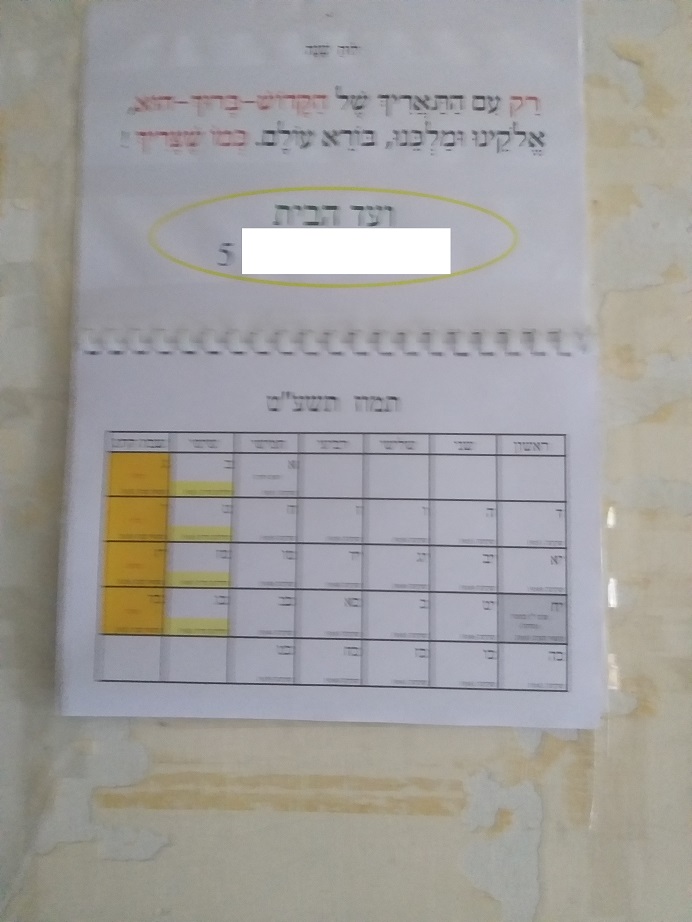Live In New York? Act Now to Prevent Curriculum Changes!
Comment on NYSED’s Attempt to Control Yeshiva Curriculum
Dear Parents, עמו”ש
You may have heard that the New York State Education Department (SED) recently published proposed Regulations about “substantial equivalency of instruction” required for students attending nonpublic schools.
The most important, 2-minute action every parent can do now is send a comment to SED at:
Alternatively, you can mail your comment to:
Assistant Commissioner Christina Coughlin
NY Education Department, SORIS
89 Washington Avenue, Room 1075 EBA
Albany, NY 12234
Re: Comment on ID# EDU-27-19-00010-P
Here is some quick background, based on questions we are receiving:
Q: How might the proposed Regulations affect our school?
A: The Regulations, on their face, require many schools – including our own – to make significant adjustments to their limudei kodesh and secular programming.
For example, the proposed Regulations specify: 1) the number of required hours of secular studies – e.g. nearly 4.5 hours per day for grades 7-12; 2)more than 12 required subjects, including, in many grades: consumer and family science, visual arts, music, dance, theater, career development, occupational studies, etc.; 3) assessment of teachers and general oversight to undefined standards.
Our school’s results, grades, graduation rates, and other real markers indicating “equivalency” to public schools are not taken into account for these purposes.
Q: Will our school be required to proactively teach non-Jewish values and lifestyles to students?
A: The proposed Regulations may require this. Even if not currently required, once control of nonpublic school curriculum is given to the state, the state can add additional requirements as society “progresses.” This, unfortunately, has been the case in England and other countries.
Q: Didn’t the court already strike down the SED Guidelines 3 months ago?
A: Yes, those Guidelines were thrown out by the NYS Supreme Court following lawsuits brought by Agudath Israel, PEARLS, Torah Umesorah, and the Catholic and independent schools. The court struck down the Guidelines because SED did not have the authority to unilaterally impose them. SED is now trying another approach: asking the Board of Regents to adopt these proposed Regulations after a mandatory public comment period.
Q: How do the new proposed Regulations differ from the previous Guidelines??
A: The new Regulations are substantially identical to the previous Guidelines.
Q: What happens now?
A: There is a brief public comment period when individuals can voice their concerns about the proposed Regulations. At the conclusion of the process, the Regulations come before the Board of Regents for a vote, expected this fall.
Q: I heard that State Education Commissioner Elia resigned. Does that mean this is over?
A: No. While the long-term impact of Commissioner’s Elia’s resignation on this issue remains to be seen, the proposed Regulations have already been published and the process has been set in motion.
Q: What is being done to fight for parents like me, who choose and sacrifice dearly, for their children to attend a yeshiva precisely because its curriculum is very different from a public school’s?
A: The Agudah has been working with school leaders and organizations like PEARLS and Torah Umesorah to oppose the newest incarnation of the state’s attempt to control yeshivos. The Catholic and NYSAIS independent prep schools (which, with Jewish schools, form the majority of NYS nonpublic schools) also strongly oppose these Regulations.
Q: Is there anything I can do?
A: Yes! SED is required, by law, to read comments submitted. While many have previously signed petitions, which was helpful, comments submitted now to SED are required to be read by law. The Agudah has created a system where, with just a few clicks, you can submit a form or personal letter. See the addresses above, at the beginning of this letter.
There is no reason SED should not receive tens of thousands of comments –
one from every parent in the community!
Q: My sister’s family lives out of state, but the overreach of these Regulations concerns them. May they register their comments? How about grandparents?
A: The Regulations do not restrict comments to NYS residents or parents. Anyone – parent, grandparent, graduate, student, concerned citizen – can comment.
May we continue to be able to raise our children in the way of Torah and in the manner that the parents of Siach Yitzchok have chosen.
Sincerely,
Rabbi Moshe Dovid Goodman
Administrator
[Forwarded.]
